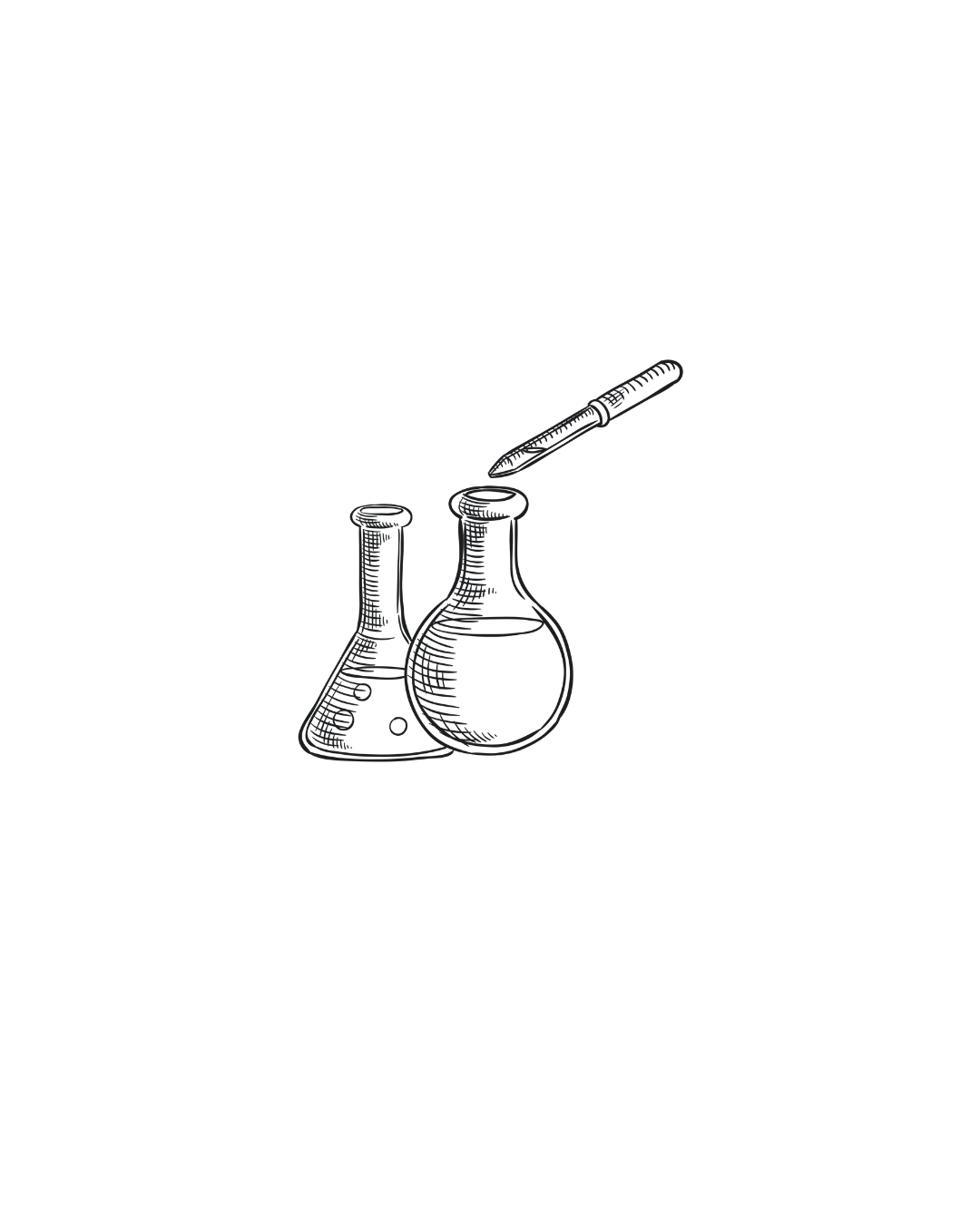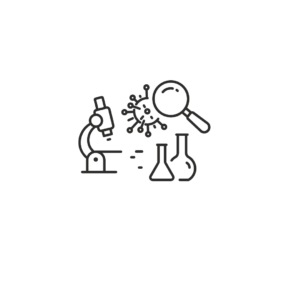Description
A Bachelor of Science (B.Sc) (Honours) in Chemistry is an undergraduate degree focused on the study of matter, its properties, composition, and the changes it undergoes during chemical reactions. This program provides students with a solid foundation in both theoretical and practical aspects of chemistry, preparing them for various careers in research, industry, education, and healthcare.
Program Overview
Duration: Typically takes 3 to 4 years to complete, depending on the institution and country.
Mode: Offered in full-time, part-time, or online formats.
Eligibility: Generally requires a high school diploma with strong backgrounds in mathematics and science, particularly chemistry.
Core Curriculum
The curriculum for a B.Sc (Honours) in Chemistry commonly includes a combination of core courses and electives, covering essential topics such as:
General Chemistry: Introduction to fundamental concepts in chemistry, including atomic structure, chemical bonding, stoichiometry, and periodic properties.
Organic Chemistry: Study of the structure, properties, reactions, and synthesis of organic compounds, emphasizing functional groups and reaction mechanisms.
Inorganic Chemistry: Exploration of the properties and behaviors of inorganic compounds, coordination chemistry, and the study of metals and minerals.
Physical Chemistry: Examination of the physical principles underlying chemical systems, including thermodynamics, kinetics, and quantum chemistry.
Analytical Chemistry: Techniques and methods for analyzing the composition of substances, including qualitative and quantitative analysis.
Biochemistry: Study of the chemical processes within and related to living organisms, including metabolism, enzymes, and molecular biology.
Instrumental Analysis: Hands-on experience with analytical instrumentation such as spectroscopy, chromatography, and mass spectrometry.
Environmental Chemistry: Understanding the chemical phenomena occurring in the environment, focusing on pollution and its effects on ecosystems.
Research Methods in Chemistry: Introduction to research design, laboratory techniques, safety protocols, and data analysis in chemical research.
Skills Developed
Analytical Skills: Ability to analyze complex chemical data and solve problems using scientific reasoning and quantitative techniques.
Practical Laboratory Skills: Hands-on experience with laboratory equipment, procedures, and safety protocols essential for conducting chemical experiments.
Critical Thinking: Development of skills to evaluate and interpret research findings, formulate hypotheses, and design experiments.
Communication Skills: Proficiency in presenting scientific concepts clearly in both written and oral formats, including laboratory reports and presentations.
Collaboration: Experience working in teams on laboratory projects and research initiatives, fostering teamwork and cooperation.
Career Opportunities
Graduates with a B.Sc (Honours) in Chemistry can pursue a diverse range of careers across various industries, including:
Chemist: Working in research and development in laboratories, synthesizing new compounds, and conducting experiments to advance scientific knowledge.
Pharmaceutical Scientist: Developing and testing new drugs, focusing on their chemical properties and interactions with biological systems.
Quality Control Analyst: Ensuring that products meet safety and quality standards in manufacturing processes, particularly in pharmaceuticals and food industries.
Environmental Chemist: Investigating chemical pollutants and their effects on the environment, working on remediation and sustainability projects.
Academia/Education: Teaching chemistry at high schools, colleges, or universities, and engaging in research projects.
Forensic Scientist: Analyzing physical evidence from crime scenes to aid in criminal investigations, often working in law enforcement agencies.
Industrial Chemist: Focusing on the development and production of chemical products, including polymers, fuels, and consumer goods.
Benefits of Pursuing a B.Sc (Honours) in Chemistry
Versatile Skill Set: The program equips students with a broad range of skills applicable in many science-related fields.
Strong Scientific Foundation: Develops a deep understanding of chemical principles that can be applied in various scientific contexts.
Career Flexibility: Opens up opportunities in health care, education, industry, environmental science, and research.
Additional Considerations
When considering a B.Sc (Honours) in Chemistry:
Accreditation: Ensure the program is accredited by relevant educational authorities, which can enhance job prospects upon graduation.
Research Opportunities: Look for programs that offer opportunities for undergraduate research, internships, or co-op placements to gain practical experience.
Networking and Professional Development: Engage with professional organizations in chemistry for networking opportunities, resources, and continuing education.
If you have specific questions about the program, its courses, or potential career paths in Chemistry, feel free to ask!









